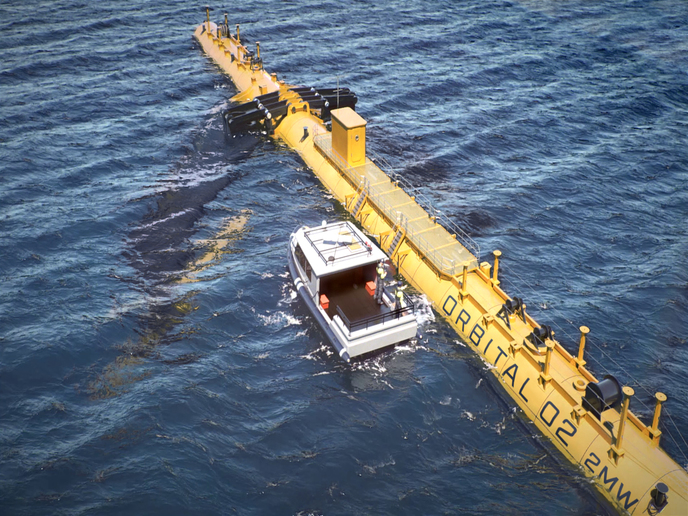Modelling Europe's future energy use
The International Energy Agency has estimated that global primary energy demand will considerably increase by 2030. Scientists and policymakers are concerned about the sustainability of the current energy system and the environmental pressures resulting from developing future energy systems. Against this backdrop, scientists initiated the EU-funded project 'Earth observation for monitoring and assessment of the environmental impact of energy use' (ENERGEO)(opens in new window). Their aim was to assess the current and future impact of energy use on the environment and ecosystems. As such, ENERGEO linked environmental observation systems with the processes involved in exploiting energy resources. It sought to determine how baseline and low-carbon scenarios affect air pollutant emissions and contribute to mitigating negative impacts on freshwater systems, ecosystems, the atmosphere, ocean and so on. The scenario analyses, available on the platform of integrated assessment, demonstrated successfully how Earth observations can enhance energy potential assessments for different energy models. New renewable energy potential maps for biomass, wind and solar energy were produced and served in producing applications regarding the optimal siting of renewable energy plants. These applications combined the maps with geospatial life-cycle assessment analyses and physical constraints that limit resource exploitability. Project assessments showed that there are available renewable energy resources to move to a low-carbon economy in Europe. Moreover, the ENERGEO scenarios showed that it is possible to have a larger share of renewables in the future energy mix. This energy transition offers considerable benefits for mitigating air pollution compared to stringent air quality policies. ENERGEO contributed to raising awareness of the importance of energy transitions at global and regional scales. To provide tailored information for decision making outside Europe, the assessment models need to be adapted or expanded. Data are available on the EnerGEO Knowledge Geoportal(opens in new window) .







